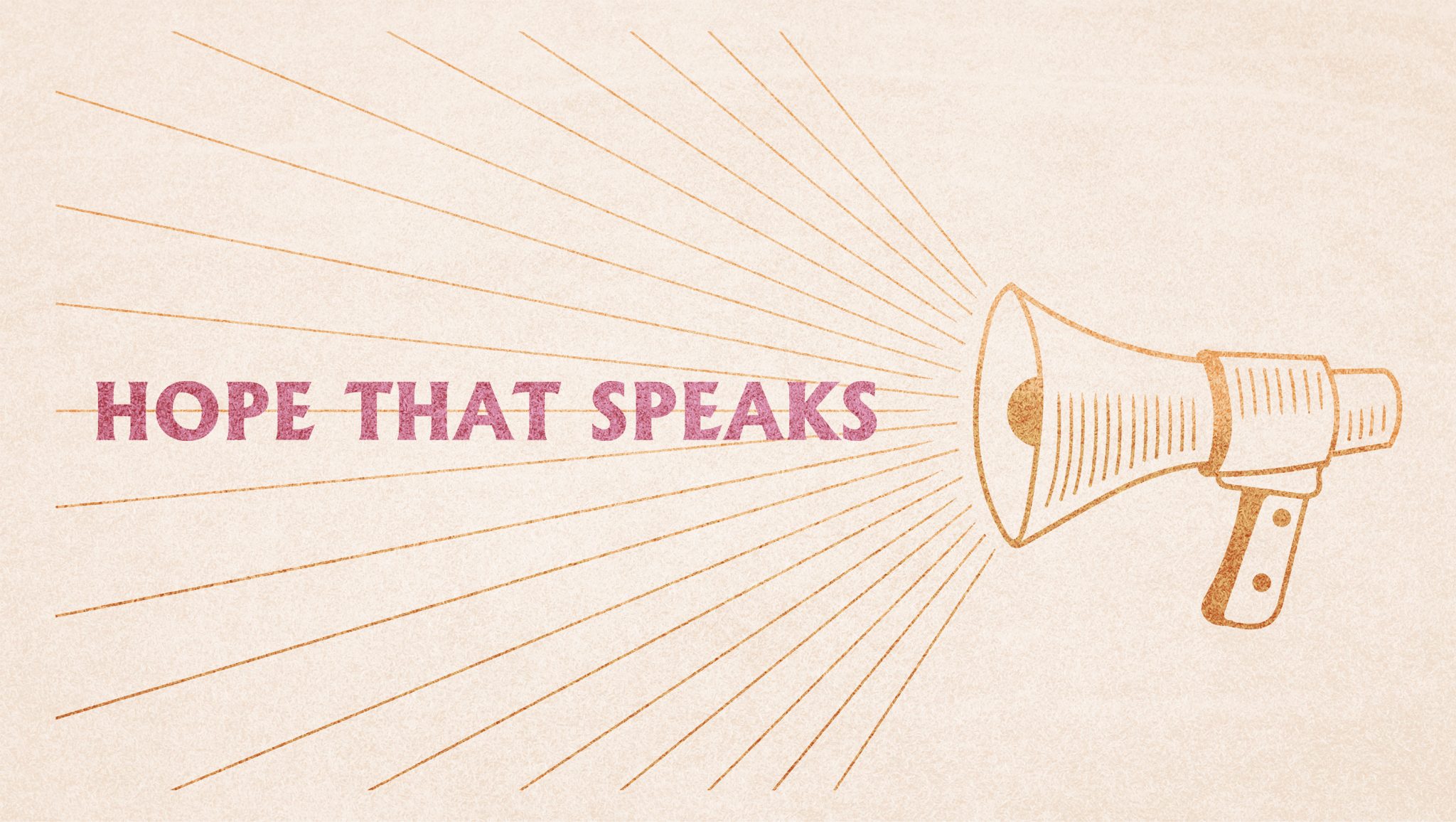
Psalm 42
As a deer pants for flowing streams, so pants my soul for you, O God
My soul thirsts for you, O God, for the living God.
When shall I come and appear before God?
My tears have been my food day and night, while they say to me all the day long,
“Where is your God?”
These things I remember, as I pour out my soul:
How I would go with the throng and lead them in procession to the house of God
With glad shouts and songs of praise, a multitude keeping festival.
Why are you cast down, O my soul, and why are you in turmoil within me?
Hope in God, for I shall again praise him, my salvation and my God.
My soul is cast down within me; therefore I remember you
From the land of Jordan and of Hermon from Mount Mizar.
Deep calls to deep at the roar of your waterfalls;
All your breakers and your waves have gone over me.
By day the LORD commands his steadfast love, and at night his song is with me,
A prayer to the God of my life.
I say to God, my rock:
Why have you forgotten me?
Why do I go on mourning because of the oppression of the enemy?’
As with a deadly wound in my bones, my adversaries taunt me,
While they say to me all the day long,
“Where is your God?”
Why are you cast down, O my soul, and why are you in turmoil within me?
Hope in God; for I shall again praise him, my salvation and my God. (ESV)
All around the world music has been a powerful agent of hope and healing in these past months. We have heard Italians singing from their balconies as illness rose and lockdown descended. We have tuned into our favorite artists as they give concerts from their kitchens. Our Spotify playlists have lifted our spirits; hymns sung corporately, though from our couches, have revived our souls. Music has connected us. It has comforted us. It has spoken into our stories and drawn us out of ourselves.
Good music has expressed what is on our hearts when we have not had the words, and it has given us hope when we cannot seem to see the way.
The Psalms have always been the songbook for the people of God—people who often found themselves in seasons much like ours—seasons where the days seemed dark and the waiting long, seasons of loneliness and of longing, of fear and of fatigue. The Psalms are honest about the human heart, expressing intimately both its joys and its sorrows. And the Psalms are anchored in the heart of God, in the character and covenant promises of the one who is sovereign and who is good and who is near. They express both struggle and hope, anxiousness and rest, sorrow and healing, and often all in the same Psalm.
Psalm 42 is one of these songs—expressing both the honesty and the hope that the gospel allows. It is written by a temple musician who is likely in exile, far away from home, unable to lead and partake in the corporate worship of God in the temple. He is filled with longing, and with grief. His experience and his emotions tell him that God is far off. He achingly remembers the joy of what has been lost—good gifts for which God has created him.
But this is not where he stops. In many ways, this psalm is a conversation that the Psalmist seems to be having with himself. He moves from lamenting his current circumstances to remembering the God who has been faithful. In doing so, he is reminding himself again and again to hope in God. Charles Spurgeon describes it this way, “As though he were two men, the psalmist talks to himself. His faith reasons with his fears. His hope argues with his sorrows.”
The climax of his conversation is the repeated refrain:
Why are you cast down, O my soul, and why are you in turmoil within me?
Hope in God, for I shall again praise him, my salvation and my God.
As he remembers the Lord, his faithfulness, his presence, his steadfast love by day and his song by night, the psalmist moves from the place of despair to the place of hope. It does not negate his circumstances, but remembering allows him to rest and to trust that God is at work in the midst of them to rescue and redeem.
One way the Lord uses psalms like this in our lives is to help lead us into these conversations in our own hearts and minds—where faith reasons with fear, and hope argues with sorrow. In these songs He has written, God speaks his truth into our stories, and sings hope into our struggle.
Counselor Ed Welch has been one of the most influential teachers in my life. He has often said that the Psalms can help us to pray because the words can become our own when we don’t seem to have any. For me this has been true so often lately, my heart is heavy and weary, but I do not even know what to pray. He encourages us to come to the psalms and “own” part of it for ourselves—to find the words that seem to express our experience, to find the images that reflect our hearts, and to embrace them as our own. What parts of this psalm can you own this morning? Where do you find yourself in the psalmist words?
Because this psalm is both honest and hopeful, real and redemptive, it leads us to owning not only part of the Psalm, but the whole. If we can claim the sorrow and the struggle as our own, then we must claim the surety of the hope as well. The whole psalm tells the whole truth—the truth of our human experience and the truth of who God is and what he is doing in the midst of it. When our feelings tell us that God is far off, our faith reminds us that he has bound himself to us with steadfast love. When we feel as if we are drowning in the deep, we declare to ourselves the truth that he is our salvation. When we grieve what has been lost, we remember that our deepest longing is actually for him and he will never leave us or forsake us. When our souls are downcast, the song reminds our hearts to hope in him.
The whole of the story, the whole of the song belongs to us in Jesus. Our days can be long and hard. Our next steps remain uncertain. Our hearts can be weary. He can feel far away. But we are not without hope. We fix our eyes on Jesus, whose soul was cast down so that ours would be lifted up. But that was not his whole story either. His resurrection gives us hope and reminds of the surety of his promises. He is at work, to rescue and redeem. He is near, and he will never leave us alone.
